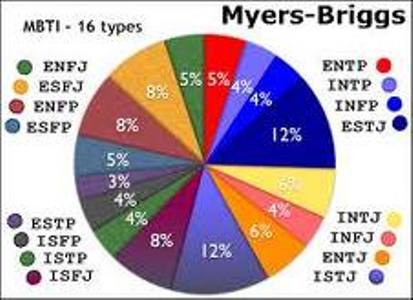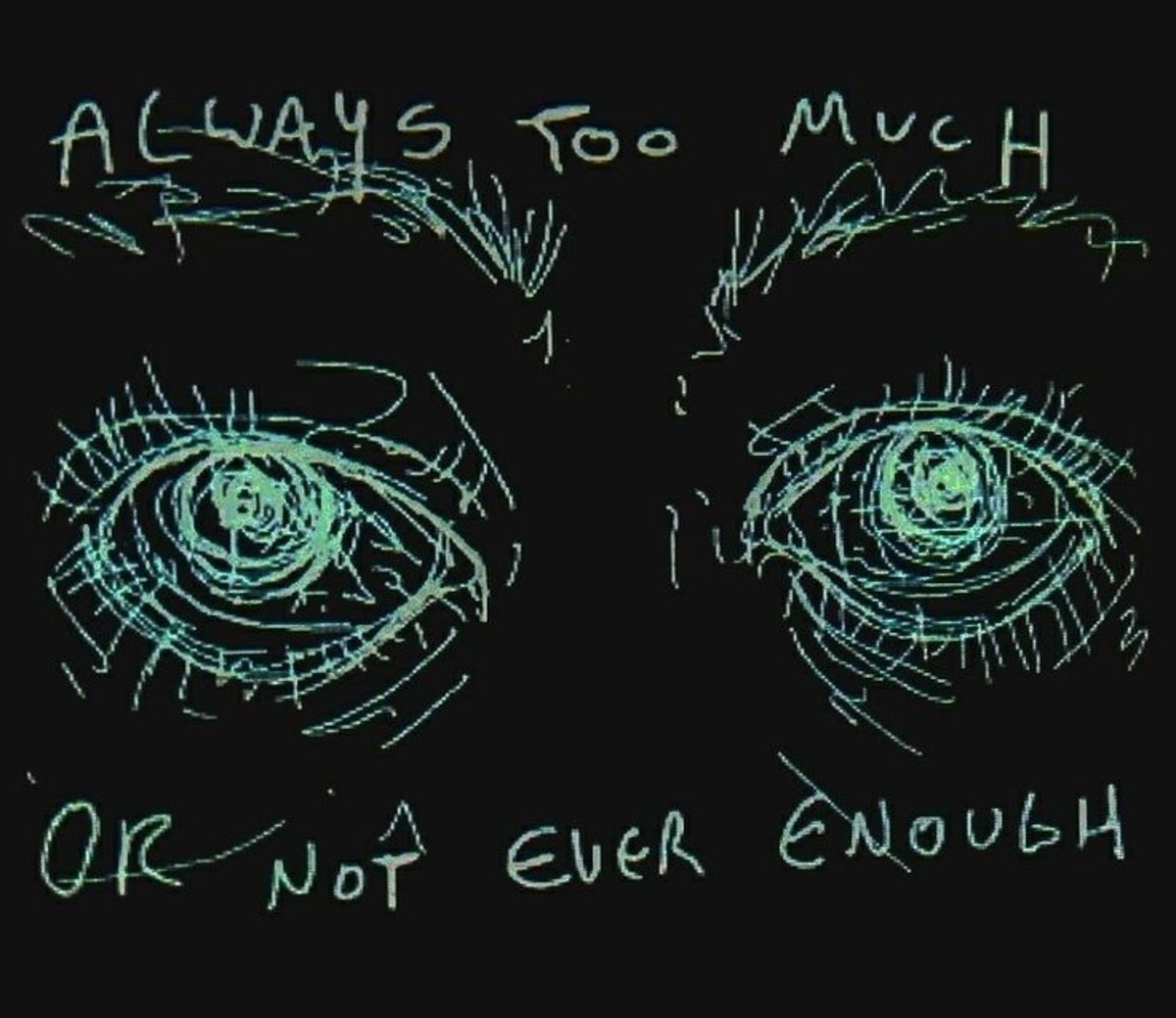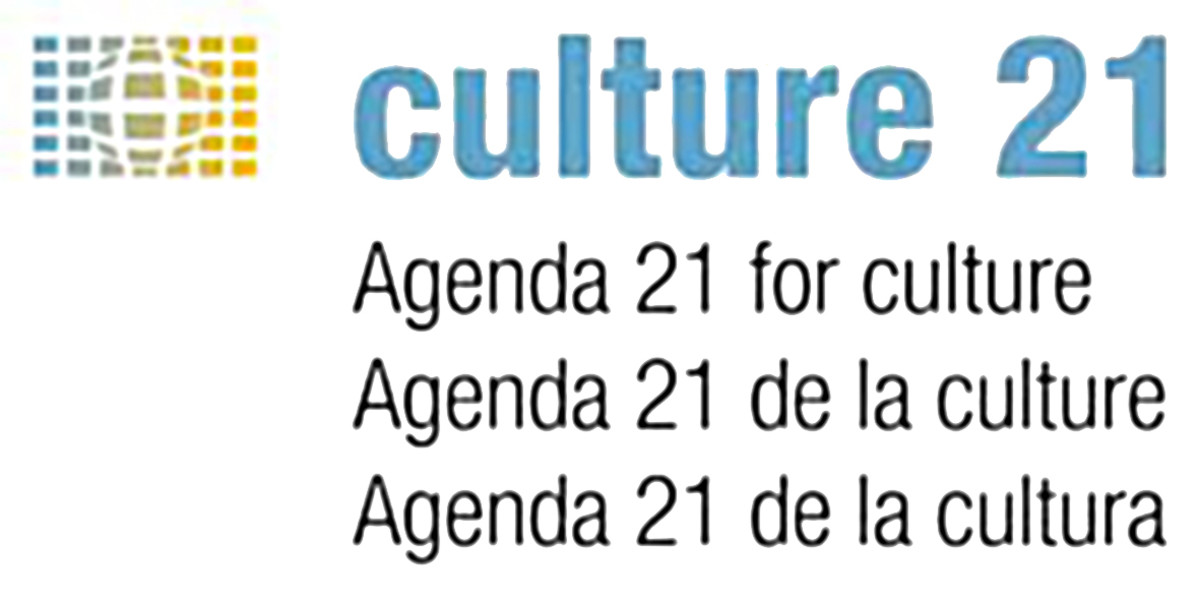Incompatible personalities – can they live together in harmony?

Do you know a person you like and dislike at the same time?
Now this is a fine line. Let's categorize three types of people in our lives –
- People we like in spite of their shortcomings.
- People we don’t like in spite of their goodness.
- People we like and dislike at the same time.
This hub is not about 1: The people we like in spite of their shortcomings. All our friends fall in this category.
This hub is also not about 2: The people we don’t like in spite of the fact that they are kind and respectable. We normally ignore them.
On my mind today is 3: Those individuals we like and dislike at the same time. We really would like to like them. We are always aware of their good characteristics; we will even support them whenever they need support. Yes, we will walk the extra mile for them, discontented. They are in our midst - they could be a colleague, or a client, or a member of our family. They may even be one of our parents, children or our spouse.
We call them Incompatible Personalities.




Incompatible personalities
is as much a phenomenon as friendships. When we compare the reasons why we like our friends in spite of whatever they do or fail to do, and the reasons why we don’t like our incompatibles, we realize that there is no answer in the reasons. Incompatible personalities are an unreasonable, illogical truth/fact/reality like any other 'feeling' of us. Our chemicals are to blame as well as our own self-esteems: The Ego, Self-Image and True Self is a complicated unit always in conflict with each other.
Consider my simple interpretation of a person's psychological system, based on Freud and kie’s theories. The system is composed of -
- The Mind (brain) – The driver containing the knowledge and wisdom we obtained since the day we were born.
- The Ego – The heartless conscienceless ROBOT programmed by our feelings/emotions to protect Self.
- Self-Image – the person we would like to be and perhaps already is in certain aspects of our lives. If we are contented and happy with ourselves, sure we are the mother/wife/teacher/nurse/wealthy and healthy person we would like to be, it merely means that our Self and Self-image are at last in harmony with each other. But don’t think this harmony will last forever. A virus or bacteria can enter us any moment to change us into a sick and even dying person. Self, Ego and Mind then have to adjust Self-image - our psychological network will have to work overtime to adjust him/her in accordance with reality and our ‘idea’ of a dignified and respectable dying person.
- Self – The ever so vulnerable, destroyable and mortal being we really are.
I base my speculations about incompatible personalities only on this specific system.


The incompatible personality
is the person in our lives who confuses and threatens our True Self. S/he can command our admiration with one sentence and our disdain with the very next one. Our confused Self then experience a feeling of insecurity. The Ego register this feeling at the speed of lighting and as it is his task to protect Self, he gives one of three instructions to the brain/mind: Fight, Flee, or Fall.
Mind/brain, storing our knowledge and wisdom, and Self-image are now in conflict with each other. Self-image may protest: “I don’t flee or fall, I am a fighter.” Brain/mind may put his foot down: “During fighting we will lose our dignity. Be carefully and wise...” Self-image has a mind of its own and he/she may ignore Mind and act impulsively, forcing Mind to come forward with knowledge and wisdom we call ‘regrets’. And so the components in our psychological system interact all the time while our True Self, who yearns for peace and harmony, suffers anxiety.
Dictionaries described incompatibility as the
- relation that exists when opposites cannot coexist or be conjoined;
- quality of being unable to exist or work in congenial combination;
- opposed in character;
- inability to be true simultaneously;
-
Inability to belong to the same object simultaneously.
Synonyms for incompatibility are - unsuitable, inharmonious, contradictory, antagonistic, uncongenial, contrastive, ill-sorted, mismated.

SOME OF MY PERSONAL EXPERIENCES
My mother-in-law was a kind and good woman, the most generous person I’ve ever known. Feeding her guests was her way of expressing her love for them. I admired her hospitality and her eagerness to spoil her guests with delicious snacks, but at the same time this habit of hers irritates me because of many reasons.
She could talk the hind leg off a donkey about this and that – the prices of groceries, the weather, her pains and ailments, the boils on the bum of her cousin’s son and the latest scandals in the palaces of kings and in the homes of her relatives and friends. Everybody, except me, hung on her lips.
Whenever I tried to instigate a conversation of my choice, for example: "I wonder why do some people always try to fit the ears of a hippopotamus to their own idea of a hippopotamus? Would it not be much more interesting to explore the hippo whose ears are visible above the water?"
She would give me a bewildered glance before coming forward with something in this manner: “Now what shall I say, did you know Edgars has a sale on their slacks and shoes...”
Most of the time I did not like her, but I always loved her.

Another incompatible personality in my life was a woman called Jolene. She was elected as the chairperson of the Parent Committee. With her cooperation I had to organize our orchestra’s annual prestige concert. She was a remarkable lady - the chairperson of many other important committees in our region. She was the ninth chairperson of a parent committee I had to work with, and the first one I was not able to.
She was in fact one of those seekers of glory and fame, pretending they possess all the qualities needed in the position of a leader. In fact she was not able to perform the required duties. I could not stand her. The entire year I was a bomb ready to explode.

So now you think I must be nuts, loving people I don’t like?
In my book love is action – a verb. We can love people we don’t like by merely respecting them and allowing them to be what they want to be (within the limits of justice.) Love can be practiced in many ways: Giving moral support, feeding the hungry, cleaning the environment wherein our loved-ones have to live, performing the duties of others when they are for some reason incapable, et cetera.
So I loved Jolene by performing her duties in silence behind the curtains and by not telling her what I really thought of her. At the end she received the praise she was looking for, and I was happy because another function was successfully completed.
It was not always easy to love my mother-in-law. (It is never easy to love a personality that clashes with yours.) I loved her by never telling her what I really thought of her and her manners, by treating her with respect even while she did not deserve it.
It is not easy to be polite and friendly to a person we don't like. But loving them will be loving ourselves. We feel proud of ourselves when we do what is correct and decent, proud when we manage to suppress our negative feelings.
Improving our own personalities is a full-time job. We really don’t have much time to become the ultimate person we can be before we die.

However,
I have to confess that I am not always able to love my incompatibles. After almost twenty years of liking and disliking my ex-husband, I left him – an act of hate.
A few years ago I reported the most arrogant man I’ve ever met to his superiors. He was a narcissist who humiliated and disdained his inferiors and kissed the feet of his superiors. He destroyed the self-esteems of too many children and adults. Of course I was not the first and only person who had filed a grievance against him, but I was surely part of the force that had lifted him out of his position into one where he was no longer able to ruin the self-esteems of children.



Quite recently I hated a man again. Since the day I met him I liked and disliked him simultaneously. He is good and kind, hiding behind a masque of elegance, charm and splendor. He enjoys éclat wherever he goes in spite of his shortcomings. Because he is an entertainer par excellence, he is extremely popular.
Then, in his arrogance, he humiliated me for the umpteenth time. So I've sent him a message: “...I tried my best to understand you... I even tried to assure myself that I do admire your guts... But let's be honest and call us incompatible personalities...."
After I had posted the letter, I hated myself.
I considered sending him an apology, but then he proved to me that my opinion of him means in any case nothing. He was after all not born to please me, he loves himself just the way he is and all his friends adore him just the way he is. So who am I? My humble apology will not make him feel better or badder about himself.
I was the only one who felt bad because I have sent him hate mail.
The Myers-Briggs (personality)Type Indicator

The Myers-Briggs Type Indicator
Since I can remember human personalities fascinated me. I was the most impressed with the type indicator of Katharine Cook Briggs and her daughter Isabel Briggs Myers, known as the Myers-Briggs Type Indicator (MBTI), published for the first time in 1962. They extrapolated this theory during World War II from Carl Jung’s writings in his book Psychological Types.
Extract from Wikipedia: “The Myers-Briggs Type Indicator (MBTI) assessment is a psychometric questionnaire designed to measure psychological preferences in how people perceive the world and make decisions.”
It is not always possible to ignore people we don’t like, or people we don’t always like. At work and in our families we have to live and work in harmony with them in order for us, and in fact for all involved, to be happy and contented.
Isabel Myers: “Whatever the circumstances of your life, the understanding of type can make your perceptions clearer, your judgements sounder and your life closer to your heart’s desire.
Find more information about the Myers-Briggs Type Indicator at -
- By Lela Davidson - Personality Test: Myers Briggs
The Myers Briggs personality test, also known as the Myers-Briggs Type Indicator (MBTI) is a questionnaire that measures and names the way people perceive the world and make decisions. This very popular... - Myers-Briggs Type Indicator - Wikipedia, the free encyclopedia
- http://pstypes.blogspot.com/search/label/Type%20Compatibility
- My MBTI Personality Type - MBTI Basics
MBTI Basics

Considering the fact that we can not reach all the people in this world - we are limited by space and time – please ponder over my idea: “We gather friends because in the presence of friends we like ourselves, therefore we ignore people in whose presence we don’t like ourselves.”
Just imagine how much more we will like ourselves when we are able to live and work in harmony with people we don’t like!
Hubs about the ego -
- Do you know your SELF (and the angels and devils on ...
Are you one of those who allow devils and angels to argue on your shoulders? Do you allow one of them to make up your mind? Or are you no longer in this phase, but still use the metaphor when you try to... - Battle of the Voices (Ego versus Self)
Comments on my hub called Do you know your SELF (and the angels and devils on your shoulder , motivated me to demonstrate my elementary interpretation of the psychological system ego/self/self-image. This...










